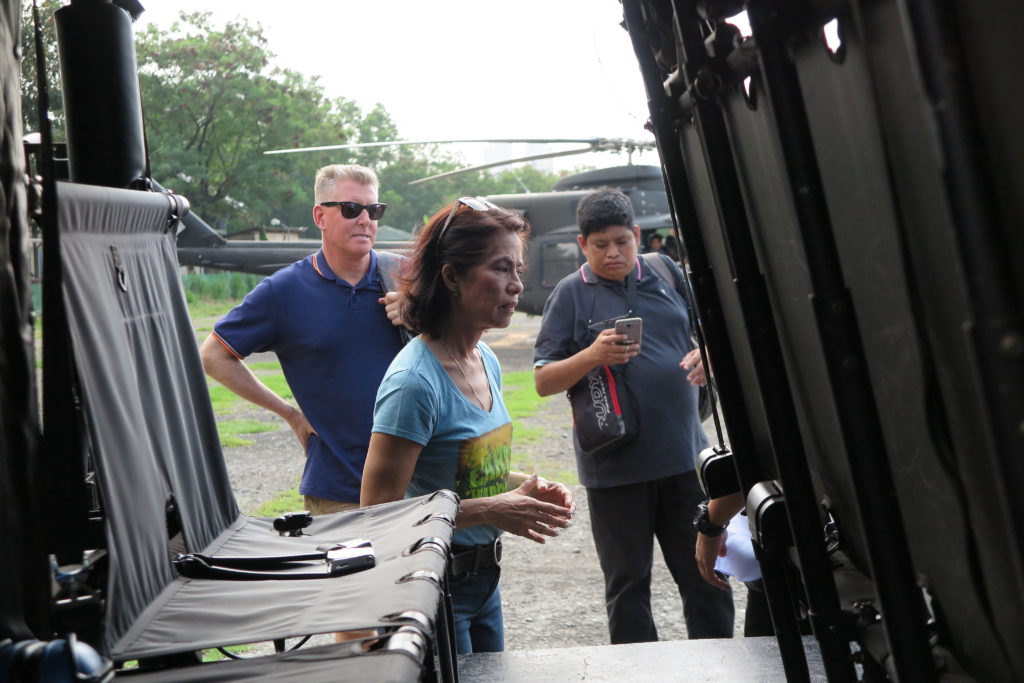
A week after I arrived in the Philippines in late April, Gina Lopez invited me to lunch at her home in Quezon City, the center of government. Lopez was engaged in a national campaign to preserve her post as the Philippine secretary of the environment. Her 10-month tenure had yielded shutdown and suspension orders against 26 of the country’s 41 big hard rock mines. Lopez formed and promoted an interagency law enforcement campaign to impede the flow of timber logged illegally. She’d advocated renewable energy in a nation adopting a misguided program of coal-fired power plant construction in the midst of a less damaging and less expensive global renewable energy revolution.
In response, a Philippine legislative committee, acting at the behest of the mining industry, was preparing to remove her from office. It was plainly apparent, though, that the orders she’d signed, and the way she’d galvanized grassroots activists, would not be so easily cleared away. Lopez looked to me to be part of a welcome trend. Several more enlightened government officials have emerged in Asia. Piyush Goyal, India’s energy minister, is pivoting the world’s second largest country, to renewable energy. Indonesia’s Minister of Maritime Affairs and Fisheries, Susi Pudjiastuti, is seizing and sinking foreign trawlers fishing illegally off the country’s coast.
We talked as Lopez showed me around her home and gardens, which laid out on multiple levels accessible by wood and stone stairways. I told Lopez that I’d been writing about her since last summer. I was convinced her powerful advocacy for environmental enforcement and human rights was a signal of global transition. While the U.S. retreated on ecological safeguards Asia was tilting green in a way it never had before. China was cancelling coal-fired power plants. Vietnam cancelled a $12 billion steel plant because of pollution concerns. The Philippines had installed an eco-activist, a determined woman, to fulfill President Rodrigo Duterte’s campaign pledge to rein in the Philippine mining industry.
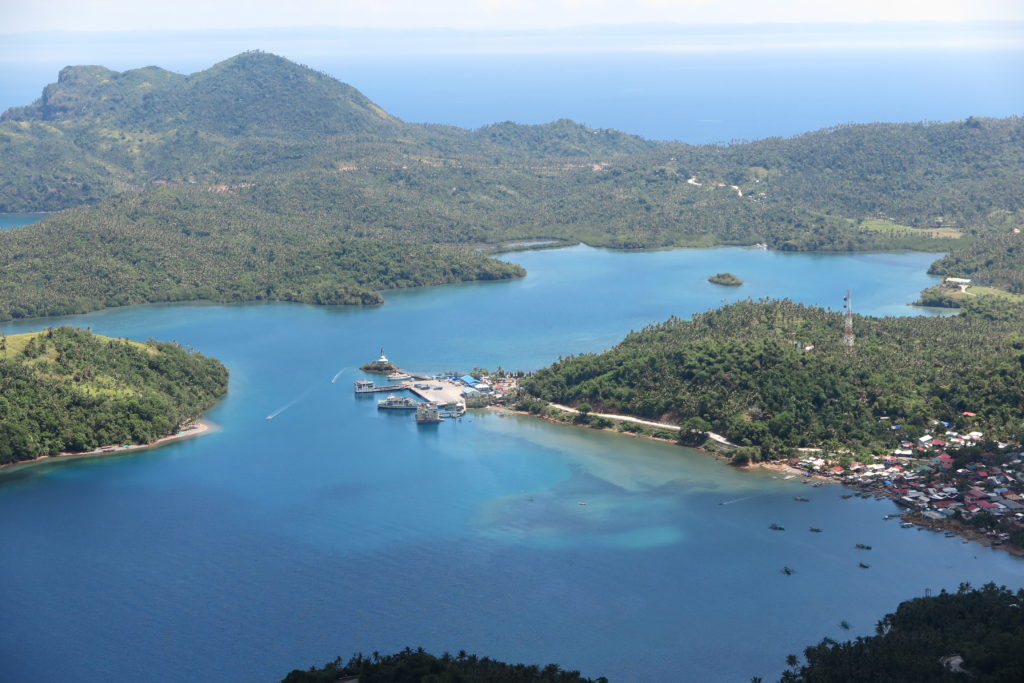
“I’m thrilled to hear that,” Lopez responded. “I’m thrilled that what I’m doing resonates around Asia. It’s life. You need to sustain life. It comes from a deeper and more enlightened perception of what is needed to sustain life, and the role of the environmnent in the sustenance of life.”
Lopez is the daughter of a very wealthy and influential Filipino family that owns ABS-CBN, the country’s largest media and communications company. She’d attracted Duterte’s attention while working as the leader of the ABS-CBN foundation and taking on open-pit mining as one of her primary projects. An adventurer her entire life, Lopez’s airy home was filled with art and sculpture from various continents. Birds sang in the garden. Roosters crowed. Flower scents drifted through the open air kitchen and dining areas on several levels.
Lopez introduced me to her youngest of two sons who was returning to college. She introduced me to the woman who’d made her meals for years and the gardener who tended the tropical landscaping. She treated me like a friend she’d known for decades. I knew this was genuine because it was the same way she’d interacted with every other person she dealt with in the week I’d been around her.
Because of her strong views, courageous in a nation that regularly experiences assassinations of environmental activists, Lopez was lionized by millions of Filipinos. She made it a point to tour mine sites and hold public events, which attracted hundreds of Filipinos. Her communications operation was strong, especially her Facebook page that had 400,000 followers. By the time I met her Lopez had become something of a Filipino folk hero.
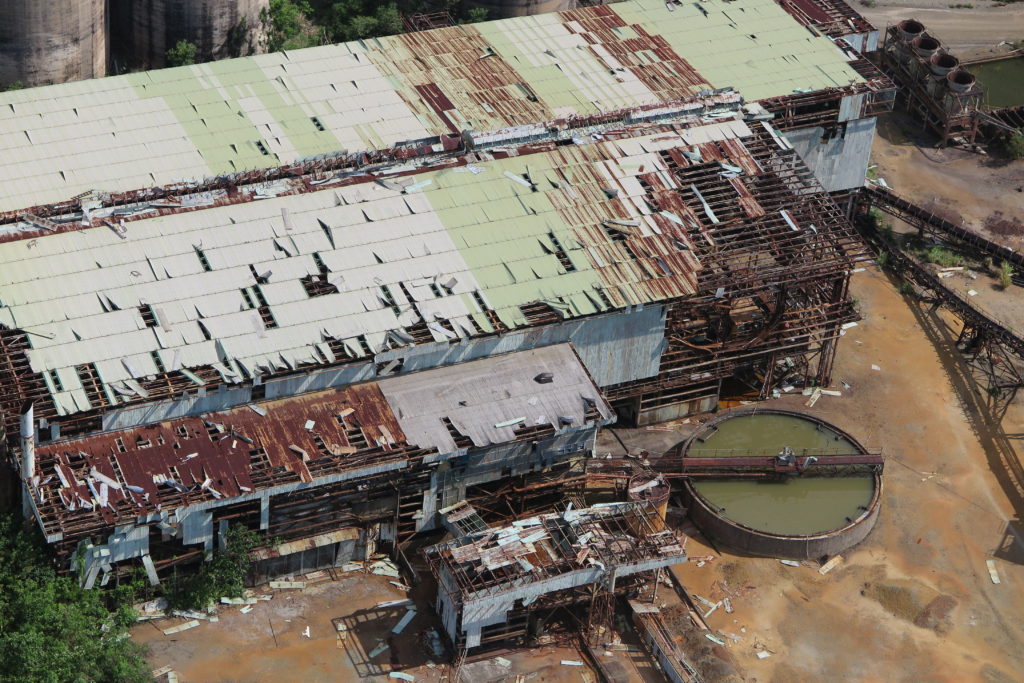
But she also was villified by the country’s industrial community, especially the $2 billion mining industry hurt by the disruption in their foreign markets. Two days before our meeting, in characteristic fashion, Lopez issued an order banning new open-pit mines in the Philippines, joining El Salvador and Costa Rica as nations committed to blocking new mining. She announced the ban because the following week she faced a public grilling by the 25-member Congressional committee charged with deciding whether her appointment as environment secretary would be approved or rejected. She’s survived two earlier committee votes. She wasn’t sure she’d prevail a third time.
The uncertainty and her-larger-than-life profile made Lopez’s future as the most recognizable member of Duterte’s cabinet the biggest political story of the early Philippine spring. Though her aides counted votes and thought she might prevail, the committee tossed the environment secretary from office.
As a foreign journalist reporting for a number of international news organizations, and a writer with ties to the New York Times, Lopez afforded me a rare window into the events of the week. Before the committee vote I’d joined her for a day-long helicopter tour of abandoned open-pit copper mines on Marinduque island, east of Manila. In 1996 the tailings pond breached at one of the mines, called Marcopper, and blasted a river and near shore fisheries with millions of tons of toxic sludge in one of the worst mine pollution disasters in history. Lopez told me she wanted to prevent another Marcopper calamity and was determined to strictly enforce Philippine pollution control law.
After landing back in Quezon City, during a van ride to her office, she told me, “I’m really not a politician. I am doing these things because they are the right things to do. People know now about these things. They really didn’t before.”
When we arrived at the department’s headquarters the 63-year-old environment secretary raced her aides up four flights to her big office. A group of activist leaders from Mindanao, one of the three big Philippine islands, were waiting for her. She took my arm and guided me to a small conference room. Before she left to join the others she briefly described how deeply she opposed the mining industry’s neglect of land and water. “When your business goes against the common good, that’s a problem,” she said. “When your business interest goes against the very future of our country that’s where the problem exists. I’ve been at this a very long time and no one really listened to me. Now I have this position and everyone is like, “Wow. She’s
making sense.”
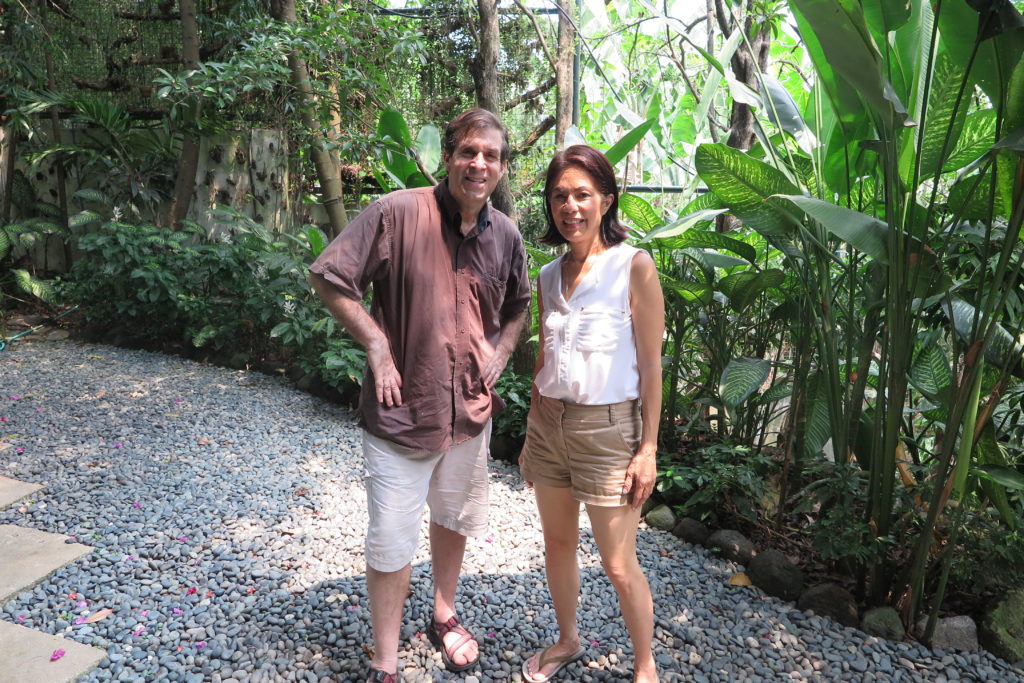
Lopez’s candor and her steadiness were surprising and appealing. On May 3, a few minutes after the committee rejected her appointment she texted me. “You can’t kill the truth,” she wrote. “Our country depends on the consciousness of people.”
The next day she got in touch again. “It’s business controlling politics clearly,” she texted. “It’s certainly not a vote of principle.” She added: “Take care!!!!!”
A week ago I heard from Lopez. “I have a new TV show,” she texted. “And I have a regular column in a newspaper. Will send you the link. Take care. Let me know when you come back.”
— Keith Schneider
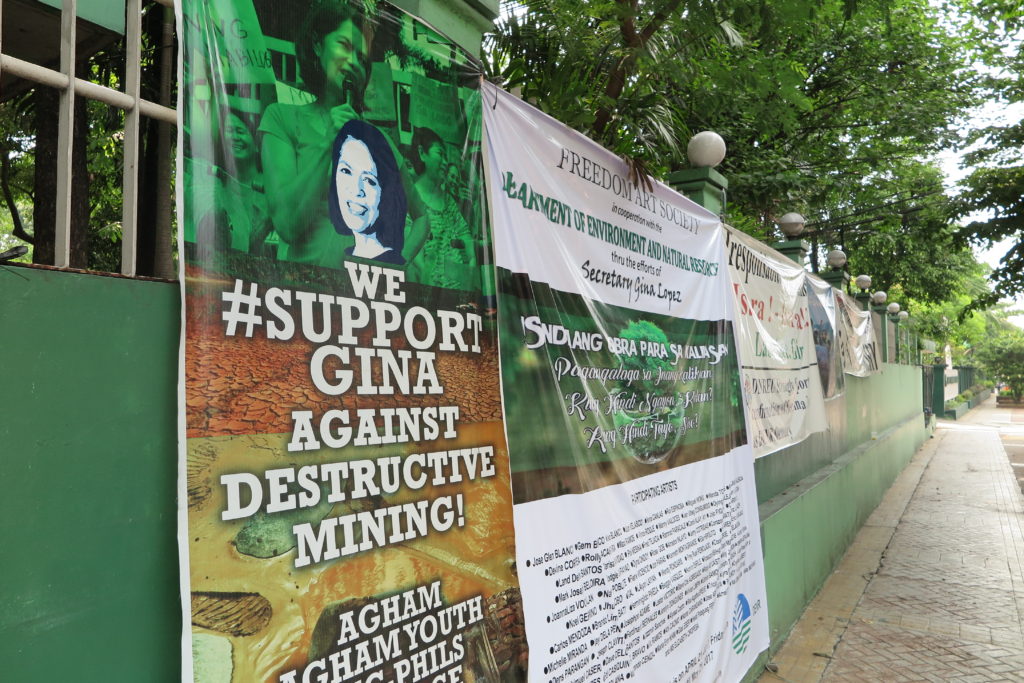
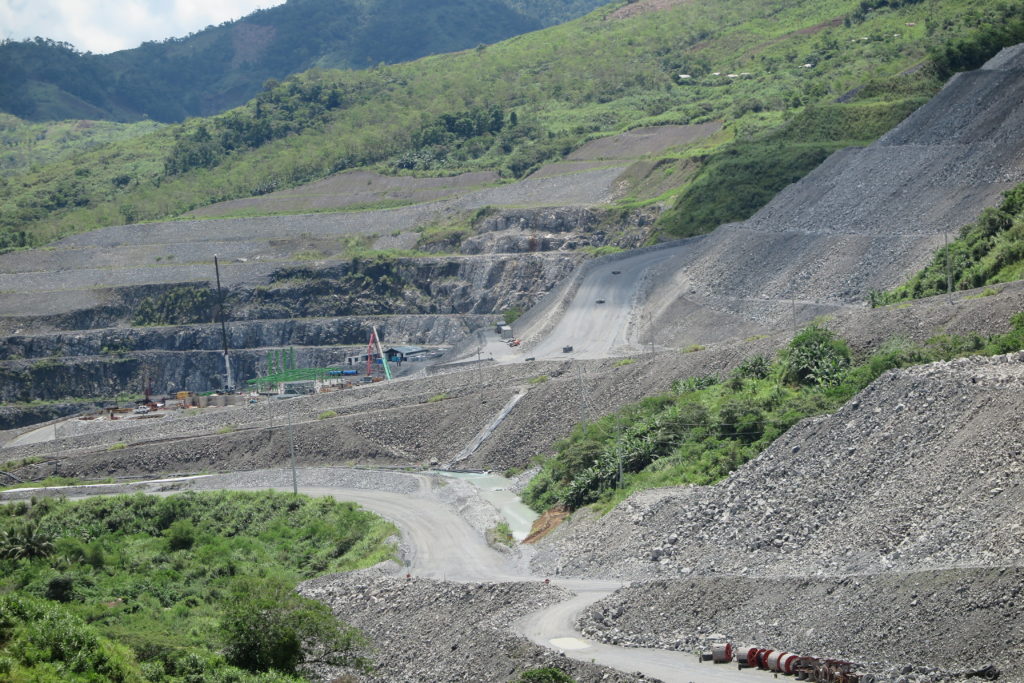
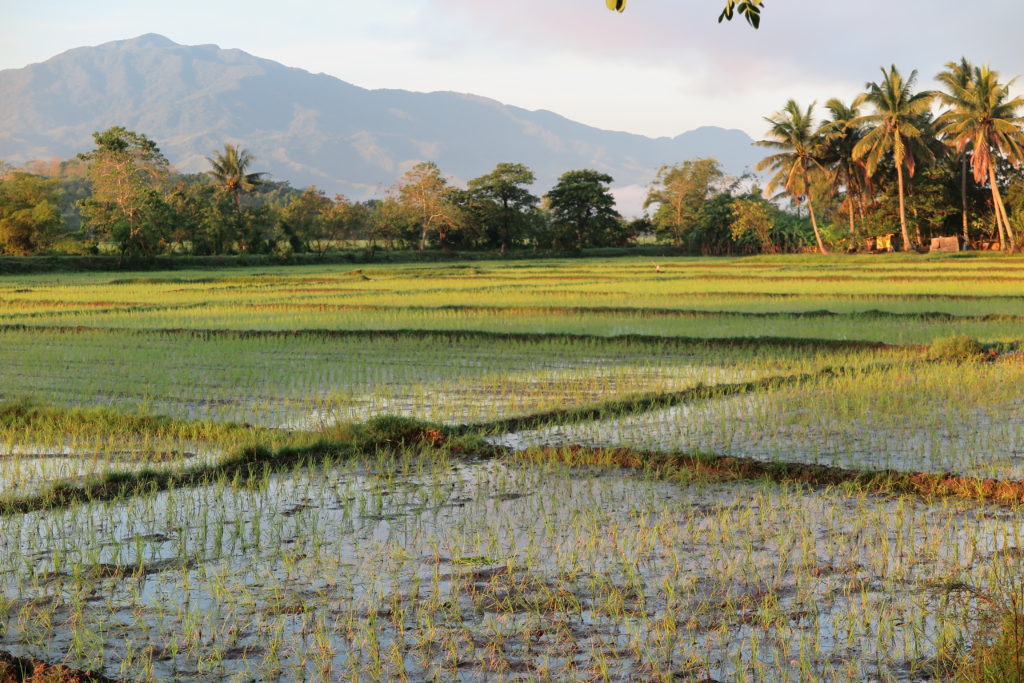
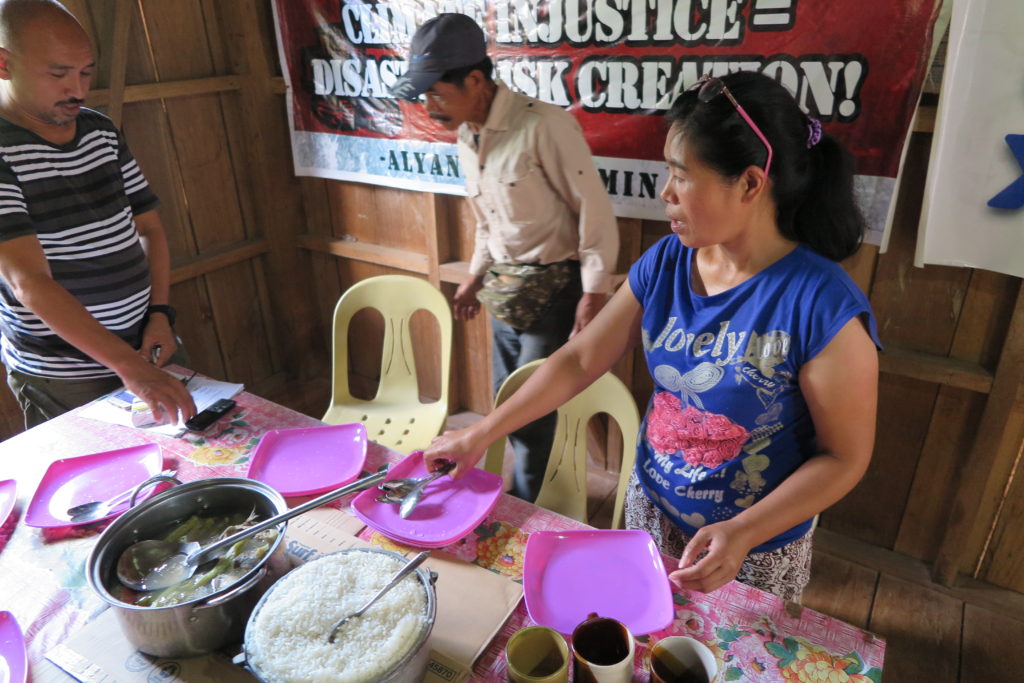
Gina Lopez’ sincere love & respect for the environment exposed the greed by which the mining companies operated. However, awareness won and the Filipinos will never ever be the same again after Gina Lopez touched every aspect of our Philippine culture. Well done, Gina! We thank God for your selflessness! Until we meet again ♥ï¸